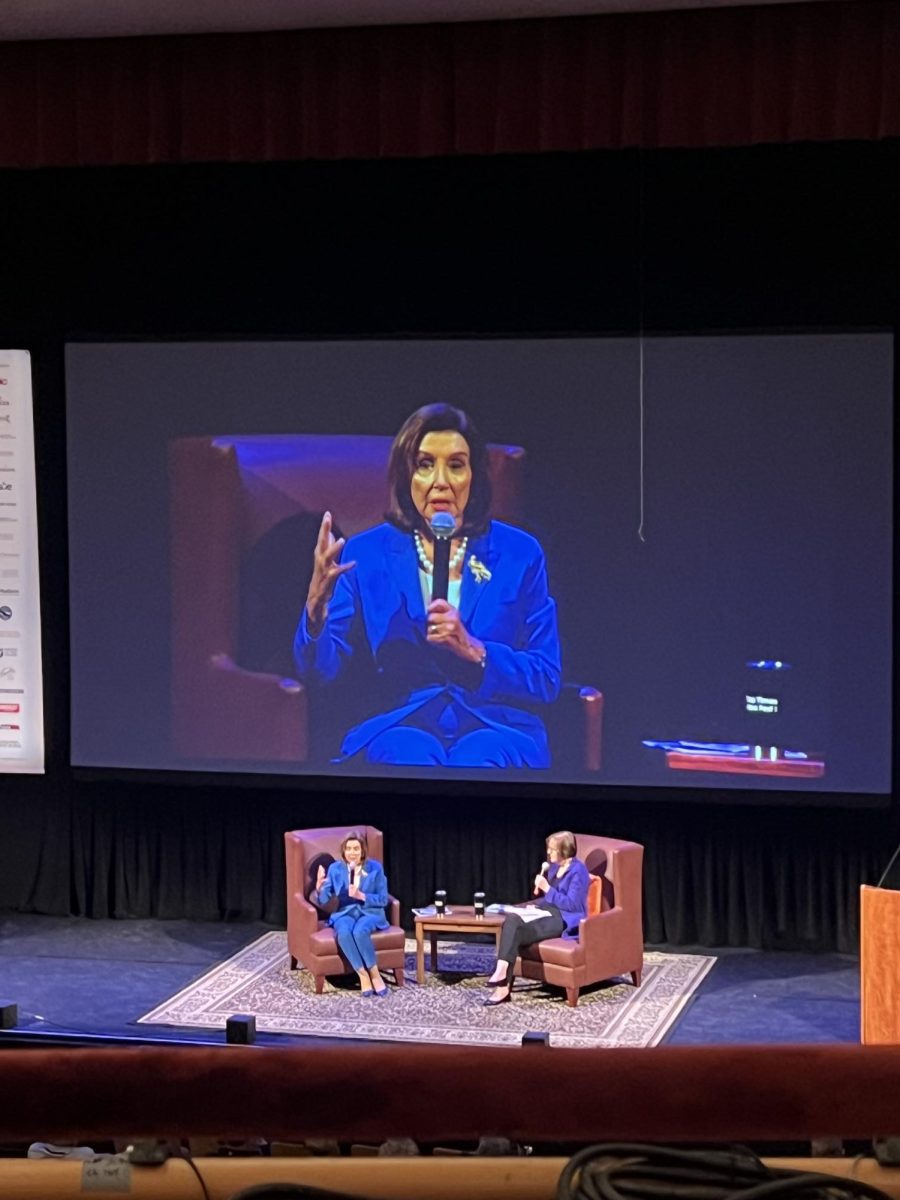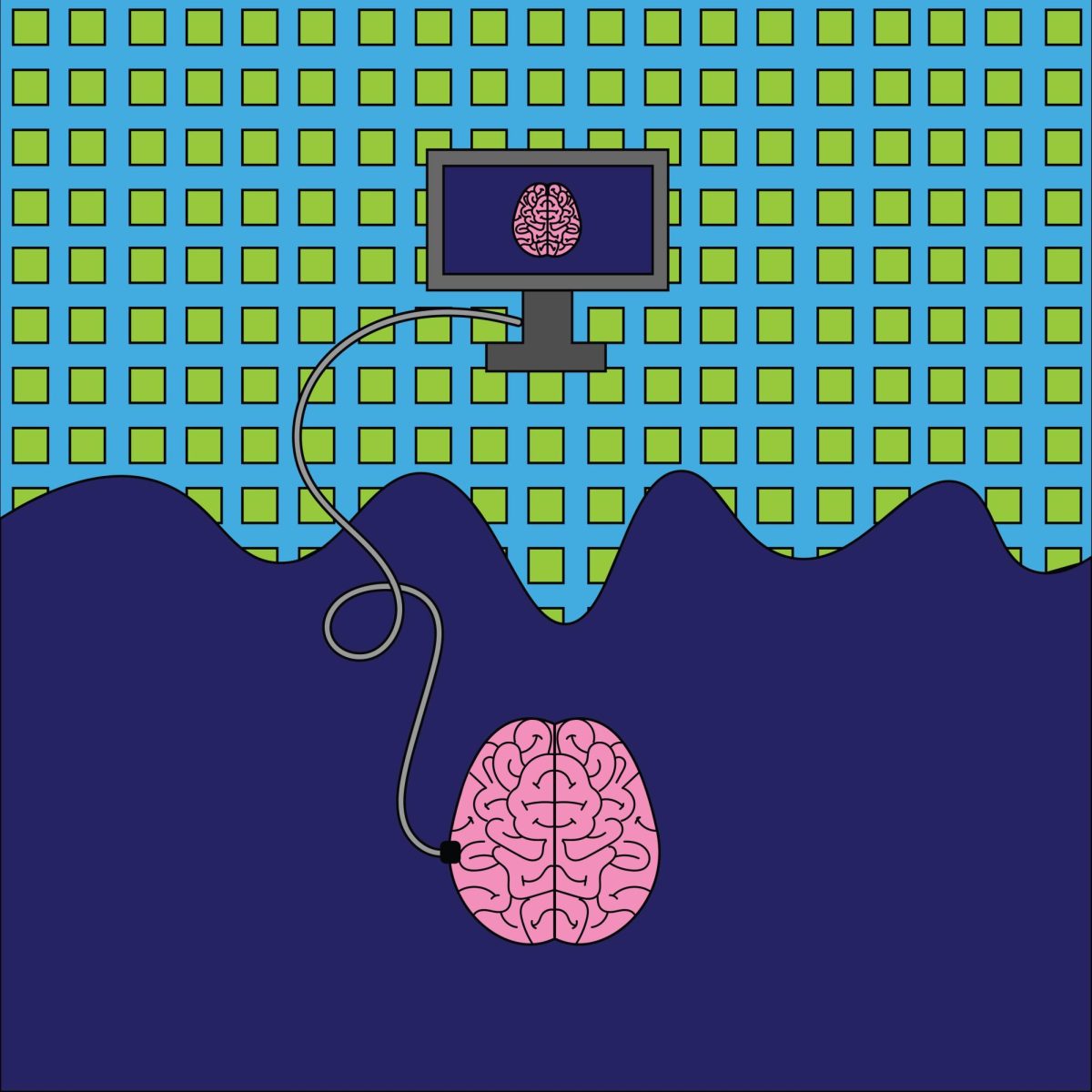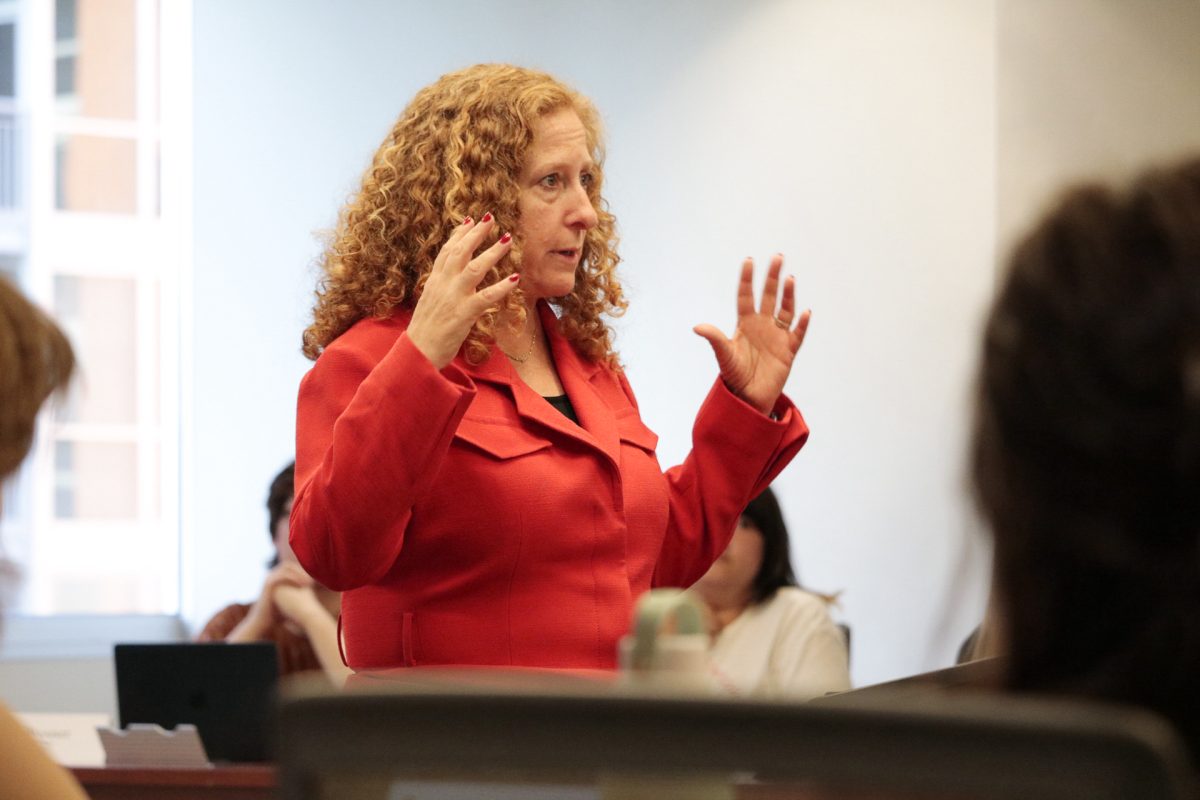The University of Wisconsin was one of the 120 campuses across the country that took some part in the education revolt of March 4, though its actions went largely unnoticed and many were surprised the demonstrations were not more pronounced.
“When I saw what was going on from Berkeley to [UW-Milwaukee], I was surprised that the issue was not raised here in Madison — the silence was overwhelming,” said Paul Soglin, former Madison mayor and noted student activist at UW during the 1960s.
During the social protests of the 1960s, Madison was a central hub for student activism that drove the anti-war and civil rights movements.
At the time, a darker side of student activism in Madison also reared its head on campus, with several bombs being detonated by radical, militant student activists groups.
One bomb was detonated at Sterling Hall in 1970 by four anti-war radicals. The blast killed one person and injured four others. Evidence of the bombing can still be seen on the side of the building where the damage was repaired.
Despite the scars that remain on campus from these radical few, one student activist from the Vietnam era spoke of the events of the past with a certain nostalgia, at the same time noting a level of apathy that he said has sunk in since.
Paul Buhle was a founding member of the new Students for a Democratic Society, a national group that became synonymous with the social movements of the 1960s. While earning his PhD from UW, he was active in the Madison chapter of SDS during the late 1960s.
“I think it’s a generational thing,” Buhle said. “The greatest value of the 1960s was that young people thought they could change the world, or at least have an impact.”
By the time of the Reagan era, Buhle said the culture of activism on campus had died down and young people were back to being “good young Democrats and Republicans.”
The actions of March 4 on the UW campus were largely unnoticed.
A teach-in at Memorial Union was organized by Campus Women’s Center member Maira Miranda to raise awareness about the DREAM Act, which is currently held up in Congress.
The DREAM Act is a piece of legislation that would grant certain undocumented students who graduate from an American high school conditional residency and the opportunity to pay in-state tuition and receive other benefits.
“Most of [these students] are really rising stars in [high school],” Miranda said. “They are really involved in organizations, their grades are great … but because of their status, they can’t pursue higher education.”
Advocating the DREAM Act was a major focus of many of the hundreds of actions that took place on other campuses across the country March 4.
Despite the national day of action, only three Madison students showed up to the teach-in.
There were also reports of a large banner hung over University Avenue on the Vilas-Humanities bridge with a famous Salvador Allende quote–“To be a student and not a revolutionary is a contradiction.” The banner was removed before the beginning of early morning classes. No group has claimed responsibility for the act.
Other than these two relatively unnoticed acts, the UW campus was largely silent on March 4.
Chair of Wisconsin Student Public Interest Research Group Scott Thompson said WISPIRG did not plan any type of action for March 4 because no students have come to the group willing to dedicate time to issues of higher education.
The Madison chapter of the International Socialist Organization, a group that played integral parts in organizing rallies around the country on March 4, was also quiet on the National Day of Action.
Madison ISO member Rob Lewis said the chapter had discussed staging a speak-out on Library Mall, but in the end decided they should not be the ones to create and push a movement forward.
“Our job is to connect with people who are concerned and help build a movement, and basically in Madison, there wasn’t anything going on,” Lewis said.
During the movements of the 1960s, Soglin said the breadth and depth of actions were the result of multiple student organizations acting together.
“We’re sort of waiting for a moment in which young people of all political types say ‘we can change the world’ again,” Buhle said.


















